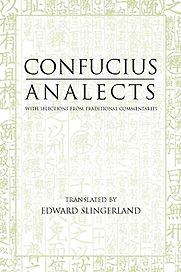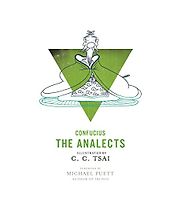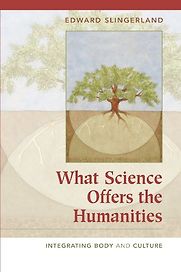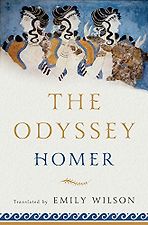Analects
Confucius (trans. Edward Slingerland)
Recommendations from our site
“This edition is really good at showing both the constructed-ness of the original Analects and the vast exegetical machine that has driven the Chinese philosophical tradition through the centuries.” Read more...
Andrew Hui, Literary Scholar
“He believed one of our dangers is that we fall into ruts that are defined by the world around us.” Read more...
The Best Chinese Philosophy Books
Michael Puett, Historian
“It’s not written by Confucius himself. It is more a collection of anecdotes of how he engaged his students, almost in dialogue form. And in them, he comes off as a very charming, humorous figure, not at all dogmatic and very modern. I think that’s partly why he’s been so influential. There’s this view that Confucius was a conformist, but that’s partly because of the way Confucianism has been misused throughout Chinese history… Confucius himself, if you look at his model as an educator, very much encouraged a constant questioning and constant self-improvement and definitely not a conformist attitude to learning. Rather the opposite I’d say.” Read more...
Daniel A. Bell, Philosopher








